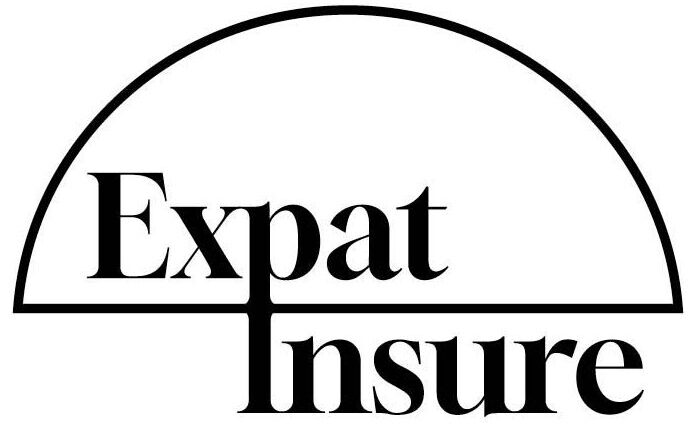This is probably one of the most asked questions we face. And its all to do with budget. So, lets talk about this. Local policies are great for locals and are competitive in price, but be warned, they often lack what an expat will take for granted. They may have waiting periods before you can claim, some up to 12 months, they have very high deductibles or excesses that you have to pay to get treatment, they don’t cover common illnesses, because the public health system covers them – but as an expat you are not covered for, they don’t allow you to visit a hospital of your choice, they don’t cover you abroad when travelling, if you decide to move to another country, you have to start all over again with existing medical conditions now NOT covered with a new insurer and finally everything will be in the local language including their call centres.
Introduction: Choosing the Right Type of Cover Abroad
Expats often face a choice between enrolling in a host country’s local health insurance scheme or purchasing international private medical insurance (IPMI). Each option has unique advantages and limitations depending on lifestyle, budget, and mobility.
Local Health Insurance Explained
Local health insurance is the standard coverage offered to residents of a specific country. Examples include Germany’s statutory health insurance or Singapore’s MediShield Life.
- Key features
– Provides care through a defined national network of hospitals and clinics
– Premiums usually based on income or flat community rates
– Regulated by national health authorities
– Ideal for expats planning long-term residence in a single country, but the quality may not be as high as you would like – you have no choice in the matter though – you take what you are given - Advantages
– Often more affordable for basic care
– Integrated with local healthcare providers and billing systems
– May be mandatory for certain visa categories - Limitations
– Coverage limited to the host country
– Benefits and service standards vary widely by country
– May not include private hospitals or elective treatments
International Health Insurance (IPMI) Explained
International health insurance provides global coverage and is designed for expatriates who move between countries or wish to access care internationally.
- Key features
– Portable coverage across multiple countries
– Access to private hospitals and specialists worldwide
– Options for inpatient, outpatient, maternity, dental, and wellness care
– Annual renewable policies - Advantages
– Continuous protection when relocating
– Freedom to choose doctors and hospitals
– Comprehensive benefits, often including medical evacuation - Limitations
– Higher premiums compared to most local plans
– Requires medical underwriting and can exclude pre-existing conditions
Side-by-Side Comparison
| Aspect | Local Health Insurance | International Health Insurance |
| Coverage area | One country only | Worldwide or multiple regions |
| Portability for continuation of cover | Not portable | Fully portable |
| Provider choice | Restricted to public/local network | Wide network of private hospitals and specialists |
| Premium structure | Often income-based or fixed | Risk-based (age, coverage, region) |
| Language/service | Local language, local claims handling | Multilingual global service |
| Visa compliance | Meets most country requirements | Meets or exceeds most country requirements |
Which Option Suits Different Types of Expats?
- Long-term residents with no plans to move: Local insurance may be cost-effective and convenient.
- Globally mobile professionals or families: International health insurance offers seamless protection during relocations.
- Retirees splitting time between countries: International plans provide uninterrupted coverage and choice of care.
Combining Local and International Coverage
Some expats use both: a local plan to meet legal requirements and an international plan for global access and medical evacuation.
Frequently Asked Questions (FAQ)
- Question: Can I switch from local to international insurance later?
- Answer: Yes, but medical underwriting may apply and premiums could increase with age.
- Question: Is local insurance ever enough for expats?
- Answer: It can be if you are fully settled and do not travel frequently.
- Question: Are premiums for international plans tax-deductible?
- Answer: This depends on your home country’s tax rules.
- Question: Can local and international insurance overlap?
Answer: Yes, but coordination of benefits is important to avoid double-paying or gaps.
Key Takeaways
– Local insurance is best for expats staying long-term in one country and seeking lower premiums.
– International insurance provides worldwide protection and flexibility, ideal for frequent movers or those wanting premium care.
– Many expats combine both for full legal compliance and global peace of mind.
Evaluate your long-term plans and healthcare needs. Compare both local and international options with reputable providers to choose the coverage that best fits your global lifestyle.


